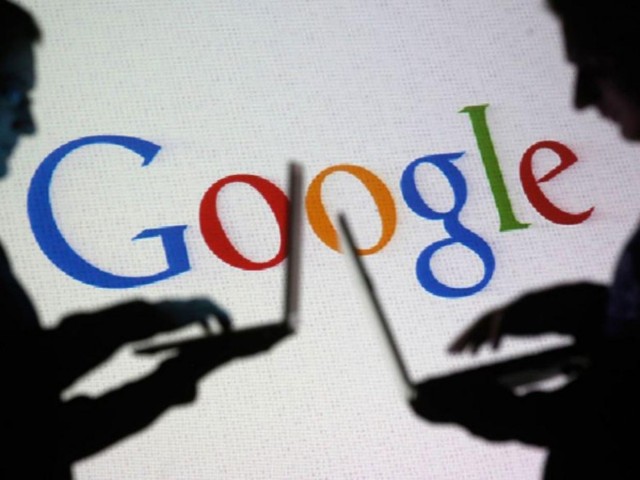Leaked document reveals Google has access to millions of patient records
05/05/2016 / By Greg White

A leaked document has revealed that Google’s London-based company, DeepMind, was given access to 1.6 million patient records by the UK’s National Health Service (NHS), including a list of patient names and medical history.
The records were disclosed as part of a collaboration with DeepMind, Google’s artificial intelligence company, which will enable them to create an early warning app for kidney injuries. The document outlined the agreement, and revealed DeepMind had much more access to sensitive patient information than originally believed.
DeepMind now has access to a vast range of healthcare data on an estimated 1.6 million patients who have gone to three London hospitals headed by the Royal Free NHS Trust, including Barnet, Chase Farm and the Royal Free. This data encompasses people who are HIV positive and have a history of drug abuse and abortions. The agreement also grants access to patient information within the last five years.
DeepMind mines through patient medical records
DeepMind revealed in February that it was teaming up with the NHS to create an app called Streams to help hospital staff keep tabs on patients with kidney problems. But the agreement suggests DeepMind could windup using its Database for reasons other than its intended purpose.
This is the first time DeepMind has noted that it has access to historical medical records, Sam Smith, head of the privacy group MedConfidential, told New Scientist. “This is not just about kidney function. They’re getting the full data,” he said. “What DeepMind is trying to do is build a generic algorithm that can do this for anything – anything you can do a test for,” he added.
100% organic essential oil sets now available for your home and personal care, including Rosemary, Oregano, Eucalyptus, Tea Tree, Clary Sage and more, all 100% organic and laboratory tested for safety. A multitude of uses, from stress reduction to topical first aid. See the complete listing here, and help support this news site.
The algorithm Smith mentioned is known as Patient Rescue, which the document describes as a “roof-of-concept technology platform that enables analytics as a service for NHS Hospital Trusts.”
The agreement prohibits Google from using the data in any other part of its business. The data will be stored by a third party based in the UK that contracted with Google instead of at the offices of DeepMind. The company is also required to delete the copied information when the agreement expires at the end of September 2017.
The revelation has provoked many to question why Google needs access to medical records in order to create something as simple as an app for patients with kidney disease. In response, Google claims since there is not a different dataset for people with kidney problems, the company needs access to all their data to make Streams run smoothly.
Too much information for Google’s own good
The Royal Free NHS Trust released a press release in which they stated that it, “provides DeepMind with NHS patient data in accordance with strict information governance rules and for the purpose of direct clinical care only.”
Regardless, many people still feel weary about Google having access to so much sensitive patient information. This includes logs of daily hospital activities, such as records revealing a patient’s location and status, in addition to who came to see them and when the patient received visitors. The hospitals will also provide the results of specific pathology and radiology tests, reports New Scientist.
Google has not mentioned whether other tools or apps might be created using its database. The NHS said in a statement that the agreement is standard and patients can opt out if they want to.
“Our arrangement with DeepMind is the standard NHS information-sharing agreement set out by NHS England’s corporate information governance department, and is the same as the other 1,500 agreements with third-party organisations that process NHS patient data,” the statement read.
“As with all information sharing agreements with non-NHS organisations, patients can opt out of any data-sharing system by contacting the trust’s data protection officer,” it added.
Sources include:
Tagged Under: database, DeepMind, Google, kidney failure, National Health Service, privacy, sensitive data




















